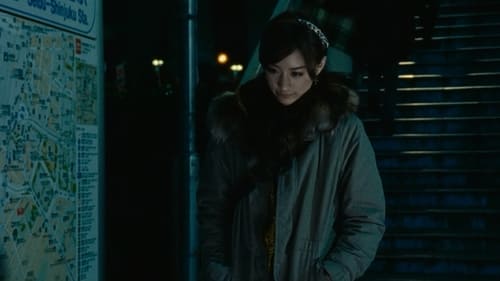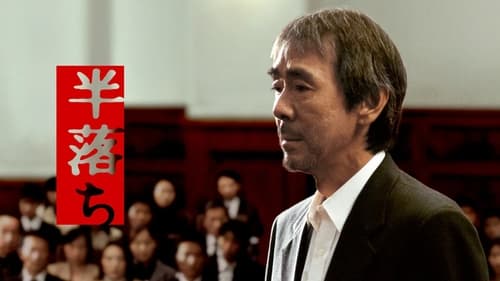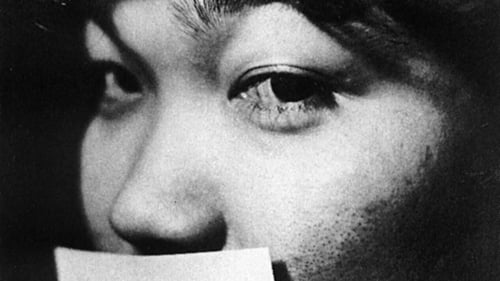
Serizawa
When his father flees from debt, carefree college student Osamu sees his life turn upside-down. Expelled from school and evicted from his apartment, he becomes one of Japan’s many ‘net cafe refugees’, barely scraping by each day with temporary and part-time work. Even though he’s still in Tokyo, his circumstances drive him to see and experience his home city in new ways. Trying to survive, Osamu gradually acquaints himself with the ‘invisible’ spaces occupied by the wanderers and homeless of Tokyo… people just like himself.

Higuchi
Seven girls from the institute experiment, together with their teacher, a strange phenomenon when they are on their way to a camping area.

professor Ootani
Sakai plays Rui, a 35-year-old single woman forced to live alone after the aunt who raised her suddenly decides to get married and move out. Through an unexpected set of circumstances, she winds up becoming roommates with an aging ladies’ man named Tony and a timid younger man named Kosuke.

Thirteen years afterward, I wonder if those who bombed Hiroshima are looking at me and saying: 'We did it! We were able to kill another person!' They should be," murmurs Minami (played by Kumiko Aso), one of the two leading female characters in Yunagi no Machi, Sakura no Kuni, as she lies dying in 1958, her life brought to a premature end by sickness resulting from her exposure to atomic bomb radiation. This is a story about those who at least initially survived the first U.S. atomic bombing of 1945 and their descendants in contemporary times. The film, based on a comic by Fumiyo Kono, jumps between the two time frames and quietly depicts the sorrow and mortification experienced through the everyday lives of laid-back and soft-spoken Hiroshima people. Only a few scenes of the bombing and the ensuing devastation are featured.

Half a Confession introduces itself as a thriller and abruptly changes gears, transforming into a tale of morality with deeper insights into its characters than we had anticipated. It begins when Soichiro Kaji (Terao), a retired detective, walks into police headquarters and confesses to the murder of his wife. We learn that the victim had prematurely developed Alzheimer's after the tragic death of their son, and in her suffering, had asked to die. The police chiefs would be far more content to take him at his word if it were not for a conspicuous hole in his story: 48-hour gap between the alleged murder and his confession. Fearing a public relations nightmare, they are eager to bury the incident and keep the press in the dark.

Matsui's debut film, "Rusty Empty Can" (1979), was photographed by Sogo Ishii; nonetheless the film turned out to be a serious and emotionally painful one unlike Ishii's speedy roller-coaster movies. The film which depicts a homosexual relationship was successful at the many film festival held in Japan, including selection at the 1979 Pia Film Festival. "Rusty Empty Can" is still shown at theatres today as it has become the pioneer of cult movies with devoted fans and approval from Nagisa Oshima and Shuji Terayama.





